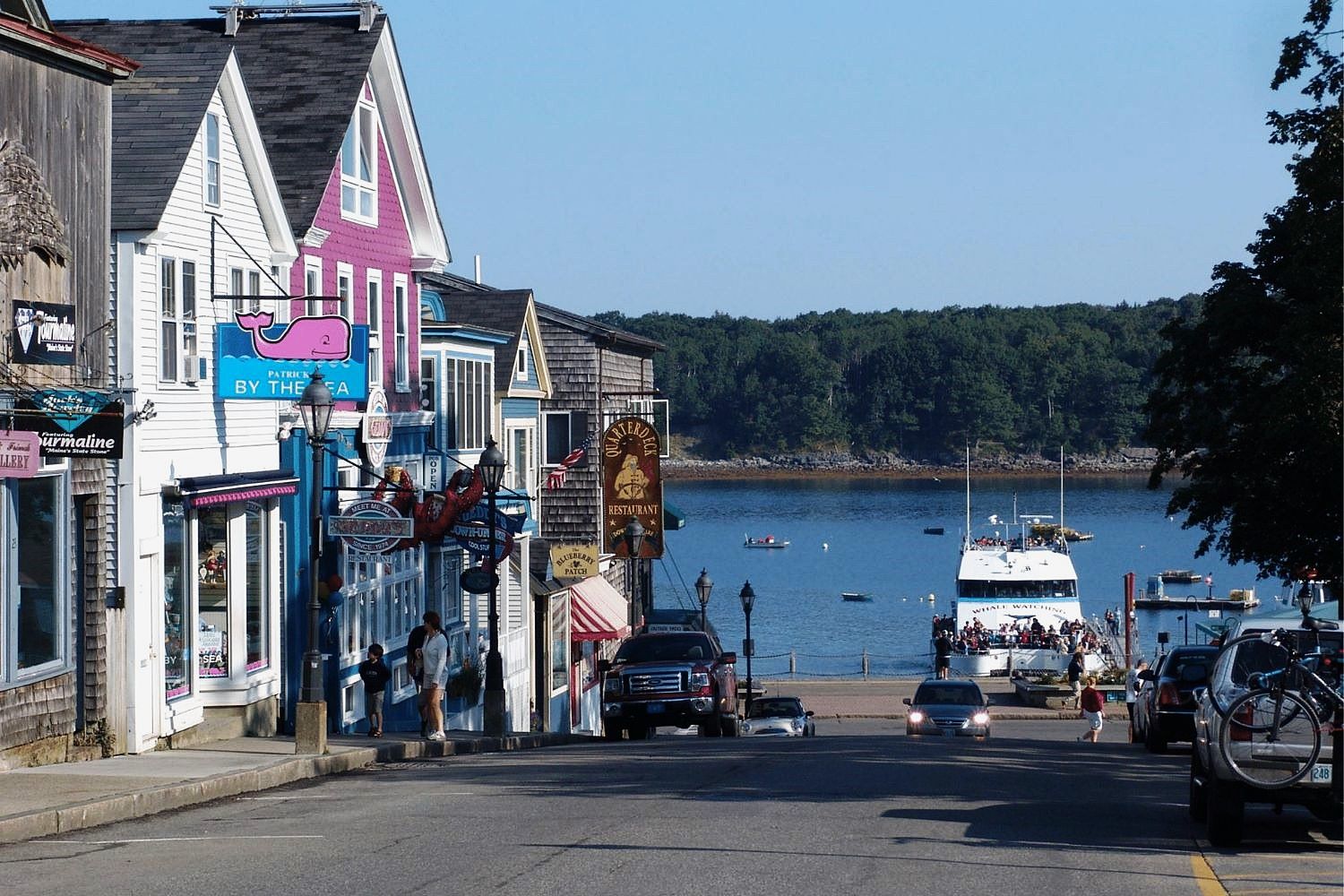Hidden Whaling Stations Of New England

Have you ever wondered about the hidden whaling stations of New England? These spots hold tales of adventure, danger, and history. Once bustling with activity, these stations now stand as silent witnesses to a bygone era. From the shores of Massachusetts to the coasts of Connecticut, each location has its own unique story. Imagine walking where sailors once prepared for long voyages, hunting the giants of the sea. These hidden gems offer a glimpse into the past, where whaling was a way of life. Ready to uncover the secrets of New England's whaling history? Let's dive in!
Hidden Whaling Stations of New England
New England's coastline hides many secrets, including old whaling stations. These places tell stories of adventure, danger, and the hunt for the giant sea creatures. Let's explore some of these hidden gems.
Nantucket, Massachusetts
Nantucket was once the whaling capital of the world. Its cobblestone streets and historic buildings whisper tales of the past.
- Nantucket Whaling Museum: This museum houses artifacts and exhibits that bring the whaling era to life. A must-visit for history buffs.
- Old South Wharf: Once bustling with whaling ships, this area now features charming shops and restaurants. Imagine the sailors' lives as you stroll along the docks.
New Bedford, Massachusetts
New Bedford played a crucial role in the whaling industry. Its rich history is preserved in various locations around the city.
- New Bedford Whaling Museum: With its extensive collection of whaling artifacts, this museum offers a deep dive into the whaling world.
- Seamen’s Bethel: This historic chapel provided solace to sailors before they embarked on long voyages. The interior remains much as it was in the 19th century.
Mystic, Connecticut
Mystic is known for its maritime heritage. The town's whaling history is showcased in several fascinating spots.
- Mystic Seaport Museum: This living history museum features a recreated 19th-century seafaring village. Step aboard the Charles W. Morgan, the last wooden whaling ship in the world.
- Mystic River Bascule Bridge: While not directly related to whaling, this iconic bridge offers stunning views of the Mystic River, where whaling ships once sailed.
Provincetown, Massachusetts
Provincetown, located at the tip of Cape Cod, has a rich maritime history, including whaling.
- Pilgrim Monument and Provincetown Museum: Learn about the town's whaling past and climb the monument for breathtaking views.
- MacMillan Wharf: Named after a famous Arctic explorer, this wharf was once a hub for whaling ships. Today, it's a lively spot with fishing boats and ferries.
Sag Harbor, New York
Sag Harbor, though not in New England, played a significant role in the whaling industry and is worth mentioning.
- Sag Harbor Whaling and Historical Museum: This museum showcases the town's whaling history with exhibits and artifacts.
- Old Whalers' Church: This historic church, with its distinctive steeple, was built by whalers and remains a testament to their legacy.
Block Island, Rhode Island
Block Island's remote location made it a perfect spot for whaling activities.
- Southeast Lighthouse: This lighthouse guided whaling ships safely to shore. The views from here are spectacular.
- Old Harbor: Once a bustling whaling port, Old Harbor now welcomes visitors with its quaint charm and historic buildings.
Discovering New England's Whaling History
Exploring New England's hidden whaling stations offers a unique glimpse into the past. These sites tell stories of adventure, hardship, and the booming industry that once thrived along the coast. From the museums in Massachusetts to the historic sites in Connecticut, each location provides a different piece of the puzzle.
Visiting these places isn't just about learning history. It's about feeling the salt air, walking the same paths as whalers, and imagining life in a different era. Whether you're a history buff or just looking for a unique trip, these hidden gems are worth the visit.
Next time you're in New England, take a detour to one of these whaling stations. You'll leave with a deeper appreciation for the region's rich maritime heritage.

